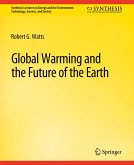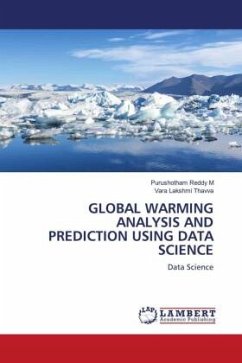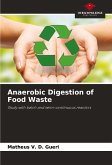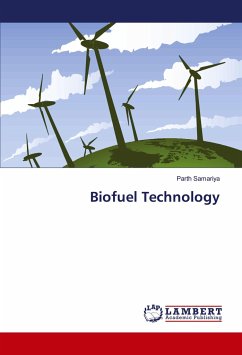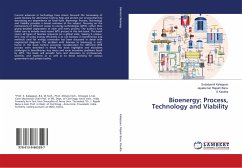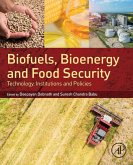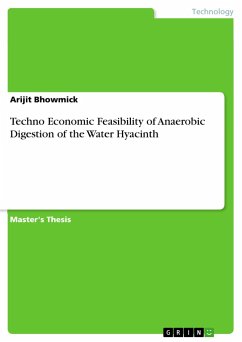Prof. Zella lakhdar's present opuscule does not claim to shed any light on the immense subject of Carbon, its temporal variations and its itinerary through the different reservoirs (atmosphere, hydrosphere, biosphere and lithosphere). It presents a well-documented point of view, in a very simplified way. It sheds further light on the importance of carbon as a crossroads between different fields such as climatology, agronomy, the environment, biotechnology, renewable energies, etc. The document is divided into four chapters, providing an overview of the chemical element carbon and its atomic and mass properties. It deals with the different carbon deposits and their exchange flows, recalls the terrestrial greenhouse effect and the role of carbon dioxide, and finally provides an overview of biomass and its energy aspect. It's an instructive digest that would be a good prerequisite for any further study of carbon issues.
Bitte wählen Sie Ihr Anliegen aus.
Rechnungen
Retourenschein anfordern
Bestellstatus
Storno


